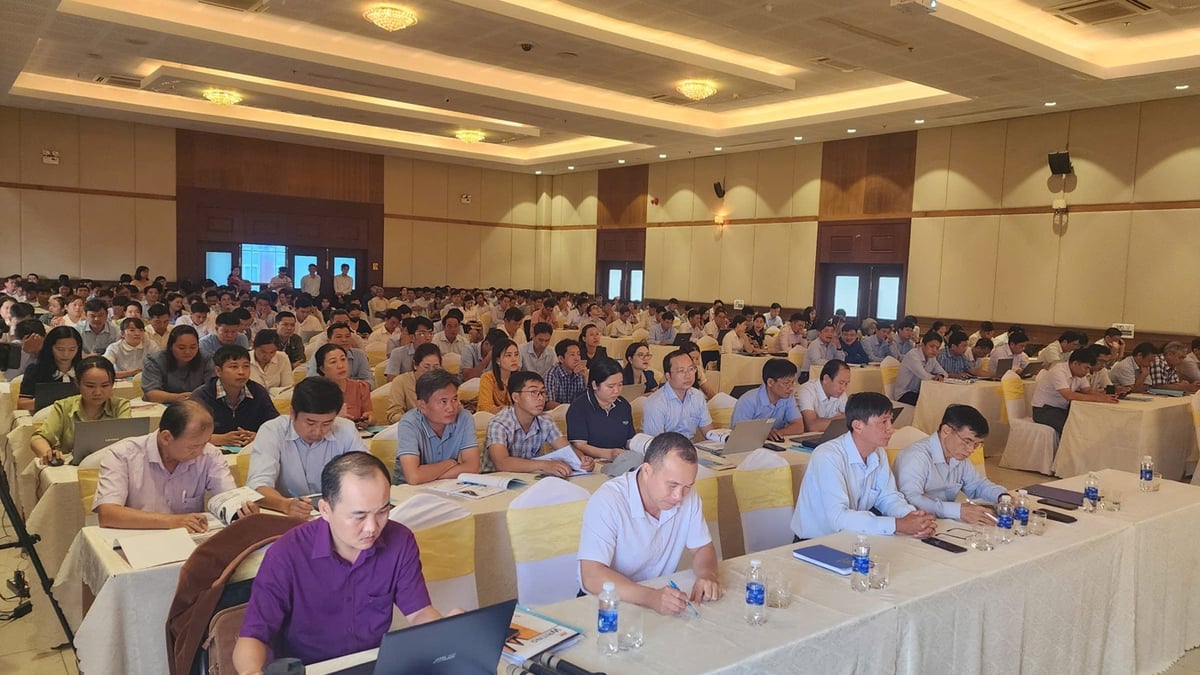From 2013 to 2022, human-caused global warming increased at an unprecedented rate of over 0.2 degrees Celsius per decade.
This is reported in a peer-reviewed study aimed at policymakers.
Average annual emissions over the same period reached an all-time high of 54 billion tonnes of CO2 or other gas equivalents, or about 1,700 tonnes per second.
World leaders will be “faced” with the new data at the COP28 climate summit later this year in Dubai, where UN talks will assess progress towards the temperature targets of the 2015 Paris Agreement.
The findings appear to close the door on limiting global warming to the 1.5oC target set in the 2015 Paris Agreement, long seen as a safeguard for a relatively climate-safe world, albeit one still vulnerable to severe impacts.
“Although we have not yet reached 1.5C of warming, our carbon budget (the amount of greenhouse gases humans can emit without exceeding that limit) is likely to be exhausted in just a few years,” said lead author Piers Forster, professor of physics at the University of Leeds.
The “carbon budget” has halved since the Intergovernmental Panel on Climate Change (IPCC) collected data for its most recent benchmark report in 2021, according to Forster and colleagues, many of whom are core contributors to the IPCC.
To have a chance of keeping global temperatures from rising above 1.5 ° C, emissions of carbon dioxide, methane and other warming agents produced mainly by burning fossil fuels must not exceed 250 billion tonnes (Gt), the report said.
Improving the spread to 2/3 or 4/5 of the above would reduce that carbon allowance to just 150 Gt and 100 Gt.
According to IPCC calculations, effectively meeting the temperature targets of the 2015 Paris Agreement will require cutting CO2 pollution by at least 40% by 2030 and eliminating it completely by mid-century.
Researchers also reported a dramatic increase in temperatures over land areas – not including the oceans – since 2000.
“The mean annual maximum temperature over land has warmed by more than 0.5oC over the past decade ( 1.72oC above pre-industrial times) compared to the first decade of the millennium ( 1.22oC ),” the study said.
Longer and more intense heatwaves will pose a mortal threat in coming decades across large swathes of South and Southeast Asia, along with equatorial regions of Africa and Latin America, recent research suggests.
Published in the journal Earth System Science Data, the new study is the first in a series of periodic assessments that will help fill the gaps between IPCC reports, which have been released on average every six years since 1988.
(According to VTV)
Source link
























































![[Maritime News] Container shipping faces overcapacity that will last until 2028](https://vphoto.vietnam.vn/thumb/402x226/vietnam/resource/IMAGE/2025/7/30/6d35cbc6b0f643fd97f8aa2e9bc87aea)













































Comment (0)